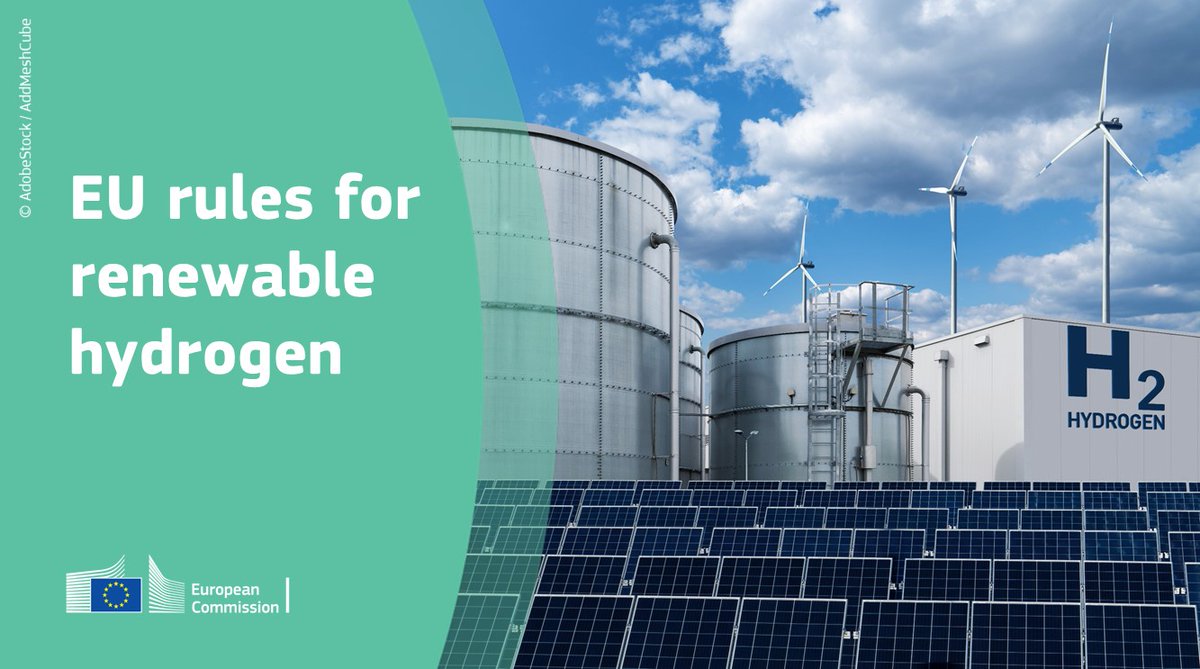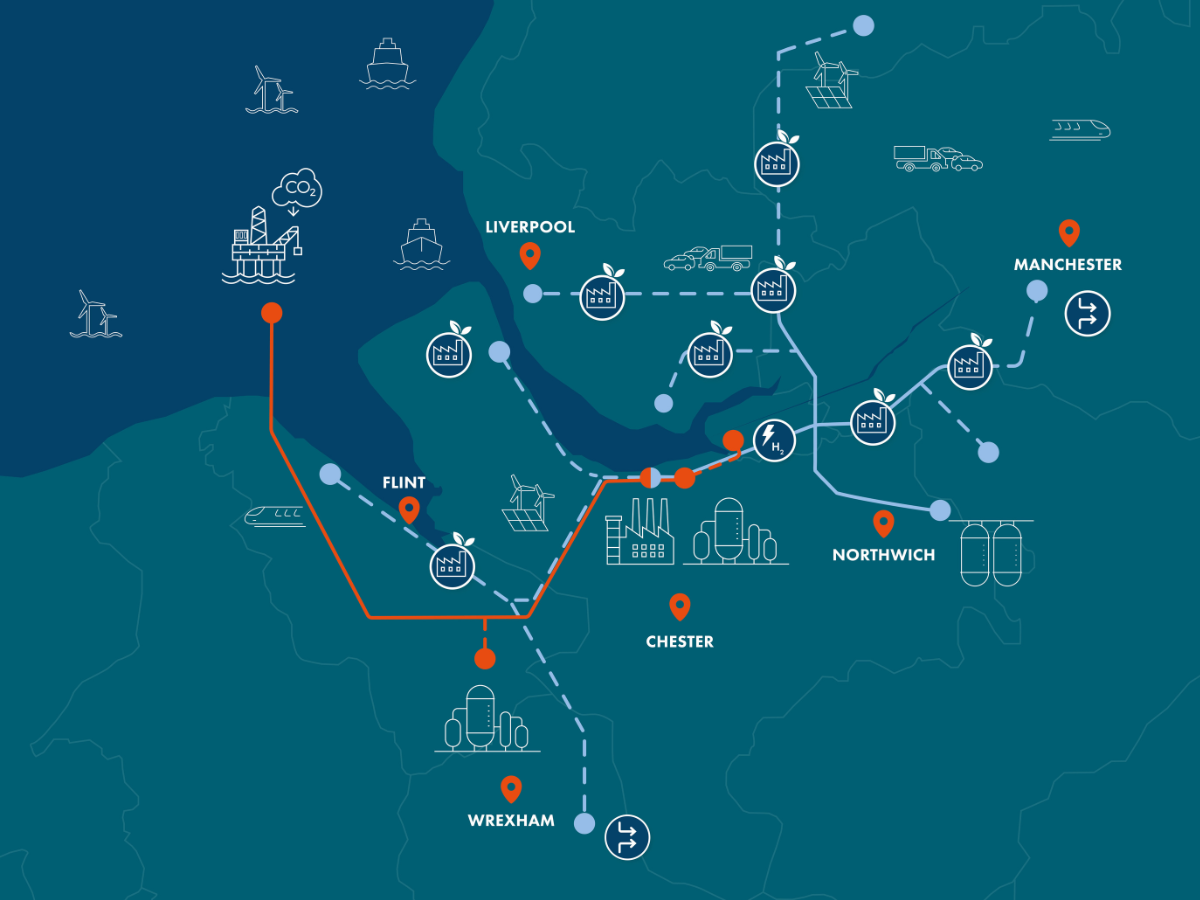The European Commission has proposed detailed rules to define what can be considered renewable hydrogen in the EU.
It has introduced two Delegated Acts under the Renewable Energy Directive that will ensure all renewable fuels of non-biological origin (RFNBO) are produced from new sources of renewable electricity.

Kadri Simson, Commissioner for Energy said:Renewable hydrogen is a crucial component of our strategy for a cost-effective clean energy transition and to get rid of Russian fossil fuels in some industrial processes. Clear rules and a reliable certification system are key for this emerging market to develop and establish itself in Europe. These delegated acts provide much-needed legal certainty to investors, and will further boost the EU’s industrial leadership in this green sector.
The first Delegated Act defines the conditions for hydrogen-based fuels to be considered RFNBOs. It requires electrolysers to be connected to new renewable electricity sources in line with the principle of ‘additionality’. This requirement aims to ensure that generating renewable hydrogen incentivises an increase in renewable energy available to the grid.
The Delegated Act also sets out how producers can demonstrate that renewable electricity used for hydrogen production conforms with this principle. In addition, it introduces criteria to ensure renewable hydrogen is only produced when sufficient renewable energy is available.
The second Delegated Act states a methodology for calculating lifecycle greenhouse gas emissions for RFNBOs. This methodology considers greenhouse gas emissions across the full lifecycle of the fuels, including emissions associated with taking electricity from the grid, processing it and transporting the fuels.
The two Acts will now be passed on to the European Parliament and the Council, which have 2 months to consider and accept or reject the proposals.











